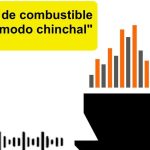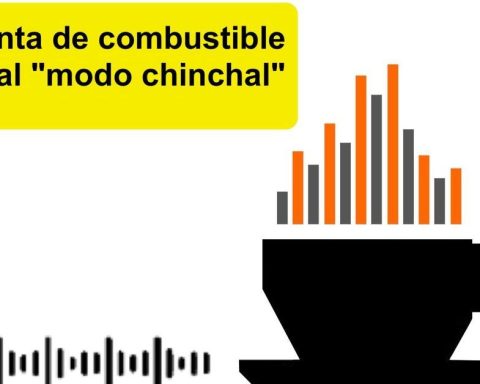Alexia Villaseñor
La Jornada newspaper
Monday, February 10, 2025, p. 17
Despite efforts in the country to integrate new technologies into the different fields of development, including the educational, there is still no national digital plan without chiaroscuros and, even less, of artificial intelligence (AI), said a report of the United Nations Educational, Science and Culture Organization (UNESCO).
The document Mexico: Evaluation of the artificial intelligence preparation stage He points out that General Education Law, which includes digital, served as the basis for the creation of the Educational Digital Agenda in 2020 by the Ministry of Public Education, whose agenda focused on connectivity, modernization and expansion of the technologies infrastructure of technologies Information, communication, knowledge and digital learning, but An evaluation of the effectiveness of this training policy has not been carried out and there are no specific laws or evaluations on the training of ethics applied to technology or artificial intelligence
.
Some universities, including the National Autonomous National (UNAM), he points out, have developed courses focused on generative artificial intelligence in teaching to recommend to teachers resources to facilitate and improve their work; Also, courses dedicated to digital search, critical thinking and scientific ethics.
The report stands out that schooling levels remain low. In the last 20 years, the average instruction only increased from 7.5 to 9.7 years; Of graduates in Stem races (related to science, technology, engineering and mathematics) in 2023, only 32 percent were women compared to 68 percent of men.
In contrast, at higher education level, Mexico is the second OECD country with more graduates in engineering, and 25 percent of those who studied a degree did so in Stem areas (the OECD average is 25.3 percent).
Almost 170 thousand graduates
In the 2021-2022 school year, he reported, they graduated 169 thousand degrees and postgraduate students in Stem subjects, with a predominance in engineering, manufacturing and construction (70.6 percent), although only 17.6 percent in information and communication technologies.
On the other hand, he indicated that there is no record of all the programs that offer a module or subject on digital anthropology, philosophy of the technology or ethics of AI, but there are courses in this regard – one of them of the UNAM -, focused in encouraging students to think about the possible ethical and social impacts of technology.
The report emphasizes that the efforts of educational institutions, government and decentralized organs are not articulated or focused, so medium and long -term commitments are needed.















